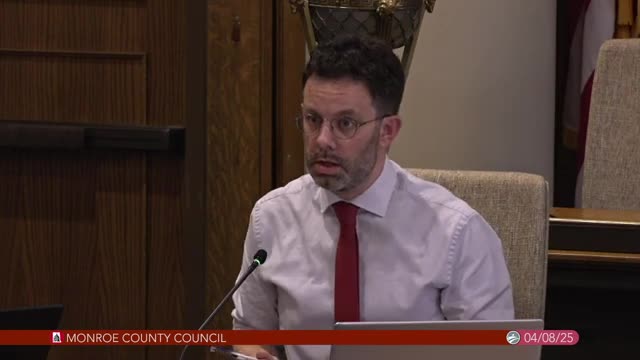Article not found
This article is no longer available. But don't worry—we've gathered other articles that discuss the same topic.
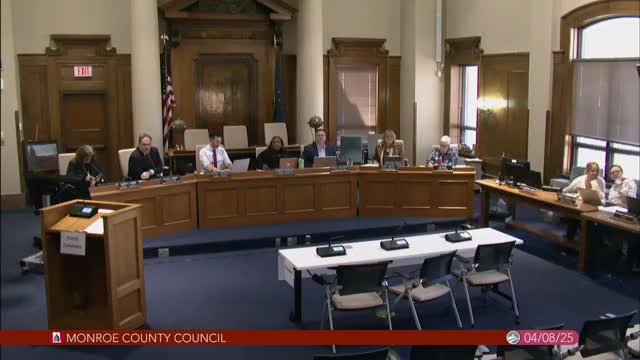
Sheriff introduces retired Major Todd Smith as jail transition team director
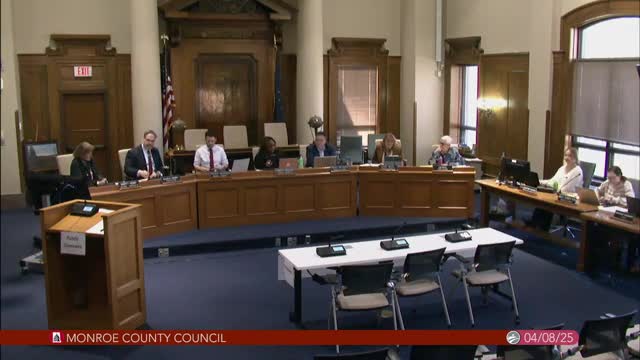
Council appoints Lane Elliott to Climate Resilience Commission, 5–1–1
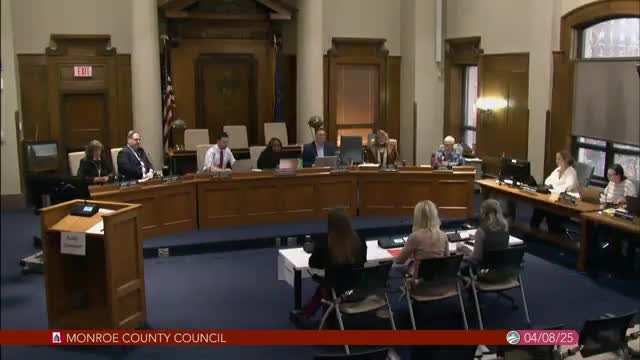
Council approves Youth Services Bureau grant account creation for Project Safe Place
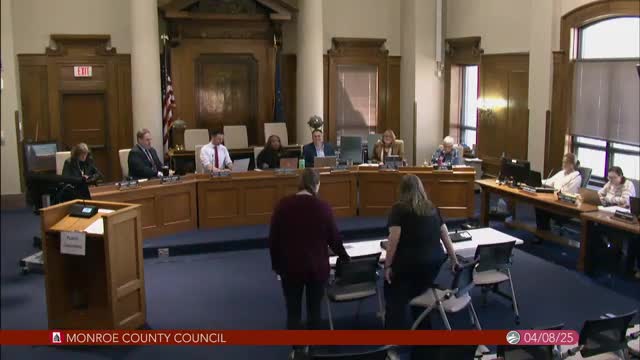
Soil & Water district showcases cover‑crop benefits in county presentation
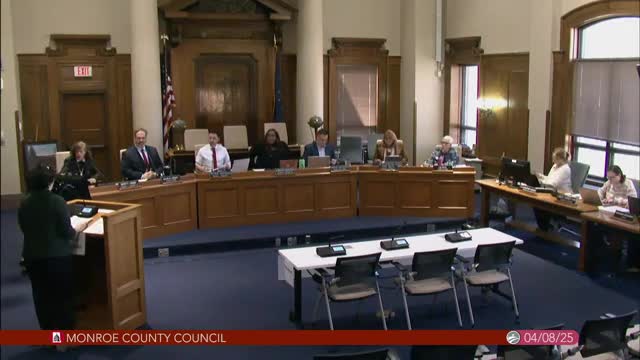
Vote‑center plan urged to county council as public comment period continues
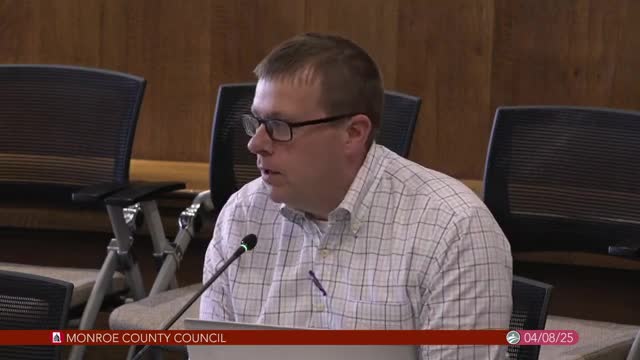
Redevelopment commission reports on four TIF districts; Westside shows strongest revenue coverage

Council signs off on airport control‑tower design funding as airport pursues federal grant
